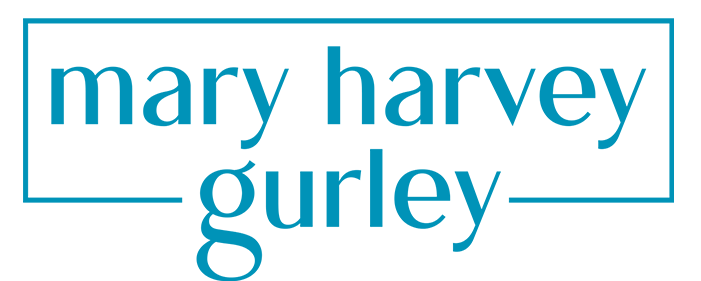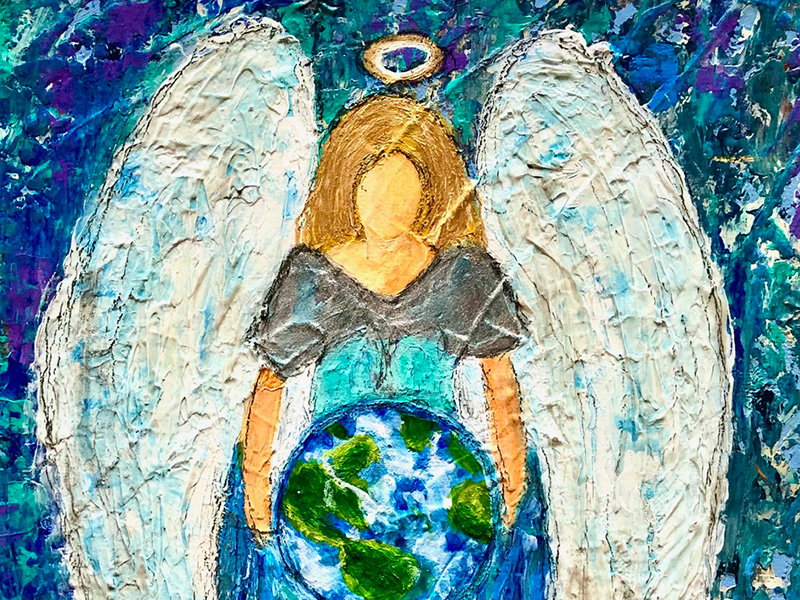Would You Have Been Prepared for the Hurricanes?
If you found yourself in a natural disaster similar to Hurricane Helene and Milton, could you take care of yourself for at least seven days?
I want to ask you to do two things this week:
- Please consider contributing to a charity of your choice for the disasters in both those states. These are areas that are suffering and deserve our support.
- Please take this article on creating an emergency kit seriously and take action.
Many older women live alone and we have to be able to take care of ourselves in any situation. When I was helping an older friend get a case of water out of the car, I told her that wasn’t enough. One case of 24 water bottles equals about four gallons of water which would get you through four days. Better than nothing, but you’re going to drink that water and bathe with it too! If the past two weeks showed us anything, having a backup plan, no matter where you live, should be a top priority.
Natural Disasters
The devastation caused by Hurricanes Helene and Milton is undeniable. Watching communities torn apart, it’s hard not to feel the weight of their suffering. I couldn’t tear myself away from the coverage. My inner journalist took over, as it often does. I watched late into the night, monitoring every development. When you’ve spent years dealing with crises, staying tuned in is second nature. Disaster recovery was part of my job in the corporate world, and our focus was always to be the first on the scene, delivering supplies to rebuild lives.
Why Preparation is Empowering
As I’ve mentioned before, I’ve always been a bit of a prepper—thanks to my mother and years of disaster work, not in the extreme sense, but in the practical sense of having what you need before you need it. There’s nothing more empowering than being prepared.
If the recent events haven’t made you rethink your preparedness, what will?
Many of my readers live on the New Madrid fault, one of the largest faults in the US. One day (I hope not in my lifetime), there could be a major earthquake. Are you prepared to survive its potential aftermath?
It’s Not About Fear; it’s About Independence
Disasters reveal how fragile the systems we rely on really are. Power goes out, water becomes unsafe, and roads are blocked. Suddenly, you’re on your own. Possibly without a roof over your head, power, water, or communications, no one can get to you. What would you do? I’m asking you to develop a plan and put the basics together for a week.
I learned this firsthand during a significant freeze in Memphis that knocked out the water supply. I live in a different suburb, but my family was in the city. I had plenty of bottled water, but many friends and family didn’t. Because I was prepared, I could offer them water and supplies. During that crisis, family members showered here and collected water. That experience taught me that being prepared isn’t just about me—it’s about being able to help others.
Getting Myself Organized
While watching this week’s disaster coverage, I imagined a scenario: What if a significant earthquake or tornado hit? Could I get my hands on my supplies? The answer was no. While I was somewhat prepared, my supplies were scattered, and I couldn’t grab things quickly.
This week, I stopped and began inventorying and organizing all my supplies. The project’s goal is to make it seven days with no support from the government and community. I pulled the disaster preparedness list (pdf) and began putting things in place. While I have much of what I need, I found gaps I need to handle.
How would you fare if you had to do the same? Could you reach for your flashlight and water? Do you have a way to recharge your phone? Do you have at least 7-12 gallons of water available?
What You Need to Be Ready
Preparedness doesn’t have to be overwhelming. It’s about being smart and proactive and ensuring you can take care of yourself—and maybe even someone else—when disaster strikes.
Here’s what you need:
- Water: You can go without food for a while, but not water. Keep a gallon per person daily on hand for at least seven days. Remember to have water for your pets, too.
- Communication: Power and cell service often go down during a disaster. Have a portable power bank and a plan to check in with loved ones.
- Emergency Kit: Include flashlights, batteries, a first aid kit, non-perishable food, medications, and any essentials you can quickly grab in an emergency.
- Cash: Power outages can turn off ATMs and card machines, so keep some cash on hand in small bills.
- Comfort Items: A good cup of coffee or chocolate can go a long way in stressful times. Don’t underestimate the value of small comforts—they matter when things get tough.
It’s About You and Your Community
Recently, I’ve been reminded of how isolating it can be when people aren’t prepared. I know someone in North Carolina who was completely cut off after Hurricane Milton hit. Their family didn’t know if they were okay with no power and no communication. A small solar charger/power bank could have made a difference.
We can’t control when disaster strikes, but we can control how ready we are. And being prepared is about more than surviving—it’s about thriving. It’s knowing you’ve done what you can to protect yourself and those around you.
Our families might joke about us being over-prepared, but when things go wrong, guess who they call first? (Spoiler: It’s us.) And you know what? That’s fine with me. I’ll take the jokes because I know that preparedness isn’t just smart—it’s empowering.
Emergency Planning on a Budget
Some preppers spend thousands on preparedness. It can be costly, but if use go to dollar stores and Walmart, you’d be surprised how many basics you can pull together for a reasonable price. My dollar store sells both water by the gallon and bottle. Use the document in the article and begin building your emergency stash as soon as possible.
Let’s Get Ready Together
We’ve lived through personal storms and know how to bounce back. Now, let’s make sure we’re ready for whatever nature throws at us. Could you take care of yourself for seven days? If not, it’s time to make a plan. When the next storm comes, you’ll be ready to survive and thrive because that’s what we do.
I love your emails after a post. I’m holding you accountable for preparing for a disaster. Email me now to let me know how you’re going to prepare!
Until next week, let’s get serious about implementing your personal disaster plan. Remember to download the PDF.
Until Next Time,
Mary Harvey

